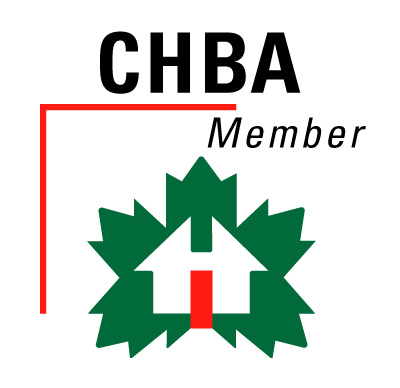Retirement Planning: Back to Basics
In the aftermath of the US housing market bust and the ensuing financial meltdown that led to global stock market declines of 2008, people are getting back to the basics as far as their retirement planning goes. Although the stock market has recovered, many pre-retirees have lost a lot of ground in their retirement accounts and are facing a new reality. Retirement may not be what they had originally envisioned; but with some retirement income 101 basics, most people should be able to get back on track.
Start with Realistic Assumptions




